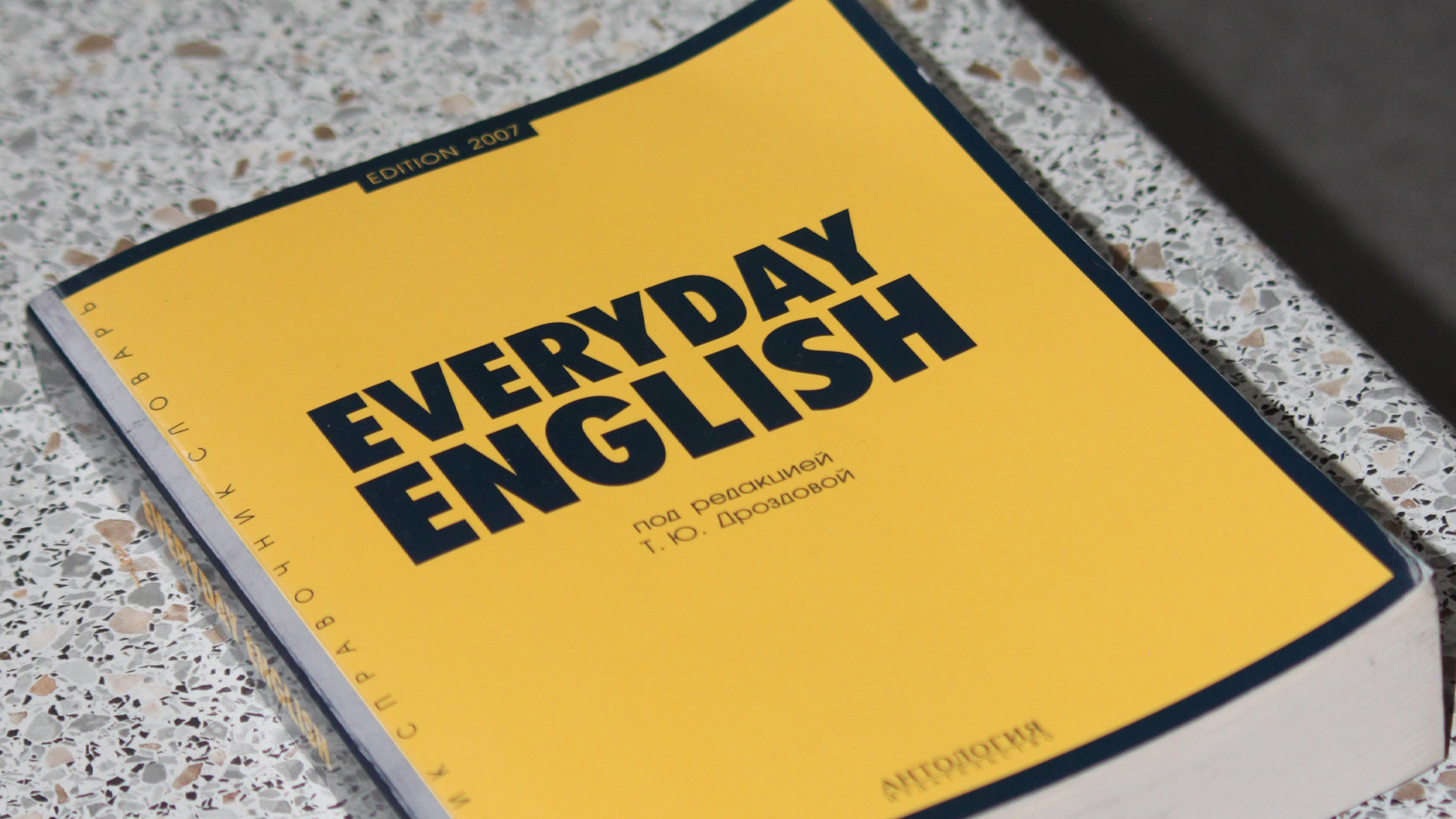Every language has words that don’t quite translate in other languages, and Italian is no different. Some words can be used to describe a state of mind, or a physical feeling, while others have several uses depending on context and delivery. Understanding these untranslatable words is key to understanding the Italian language and culture.
Take a look at 7 unique Italian words that don’t have direct equivalents in English:
(Photo Credit: StudyandGoAbroad.com)
Apericena - this word is a hybrid between “aperitivo,” the Italian word for the period of time in which Italians enjoy an early evening drink, and “cena,” meaning dinner. Apericena therefore means having a drink with lots of snacks and nibbles that can add up to a full meal, or enjoying a light dinner while standing.
Boh - this word has so many meanings and can be used in various contexts. It can be used to say “I don’t know,” “I don’t care,” “who knows,” or “I don’t know and I don’t care.” It’s one of the most versatile, and popular, words in the Italian language.
Menefreghista - a word that literally translates to “someone who doesn’t care” or “someone who couldn’t care less” about anything.
Gattara - a word used to describe an old woman who takes care of cats. It is a popular word in Rome, due to the number of felines wandering the Eternal City’s streets. The archaeological area of Largo Argentina is a particular refuge for the city’s cats, who can often be found sunbathing on ancient Roman ruins.
Magari - this word can mean “maybe” or “if only” depending on context. It can either be used non committedly or to describe a strong desire for something.
Abbiocco - a word that is used to describe the drowsiness that comes after eating a meal. Its closest equivalent in English is “food coma.”
Dolce far niente - the literal translation is “sweet doing nothing,” which describes the sweetness of doing absolutely nothing. The words are used to describe how peaceful doing nothing, or a minimal action, can be. Whether it’s simply sitting outside on a nice day or lazily sunbathing on a beach, Italians have mastered the art of taking pleasure in the small things.
Asia London Palomba
Asia London Palomba is a trilingual freelance journalist from Rome, Italy. In the past, her work on culture, travel, and history has been published in The Boston Globe, Atlas Obscura, The Christian Science Monitor, and Grub Street, New York Magazine's food section. In her free time, Asia enjoys traveling home to Italy to spend time with family and friends, drinking Hugo Spritzes, and making her nonna's homemade cavatelli.

